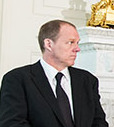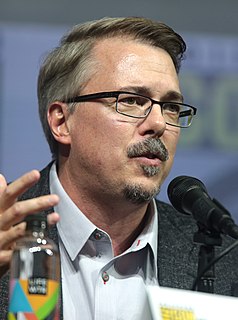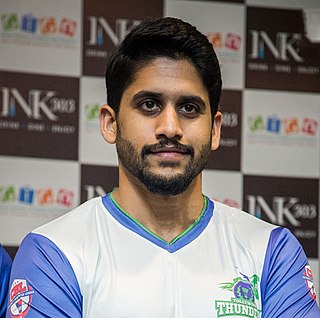A Quote by Peter Dinklage
Writing is getting killed by too many chefs. Back in the Bogart days, it started with great scripts. You had a writer, and he wrote a script, and that was your movie. I think that's been watered down a bit lately.
Related Quotes
The woman who wrote the movie [Ladies And Gentlemen, The Fabulous Stains], her name is Nancy Dowd. She's a wonderful writer. She wrote Coming Home. And when I read the script, at that time, I thought, "This movie is going to do for girls what Breaking Away did for boys." I thought it was going to be huge. It was a great script.
I think it took me seven years before I got the script for 'Frozen River.' That's the movie I had been looking for my whole career. When I read that, I knew I had to shoot that movie - that it'd be a game-changer. It was one of those scripts where I read it, and I was like, 'This movie could get into Sundance.'
I'm scared of myself. I think I'd be a bad driver. I'm scared of cars, period. I've had too many friends killed now, and I've seen too many people killed in my life when I drove across the country when I was 12. I'm sure that has a lot to do with it. If you see a few real dead bodies with brains on the pavement, it does a lot to change your attitude. It means you can get it too. I've had a lot of relatives killed. I've had a lot of dear friends killed. It's stupid. The whole activity is stupid.
I've been writing for a long time, since the late '60s. But it hasn't been in the same form. I used to write scripts for television. I wrote for my comedy act. Then I wrote screenplays, and then I started writing New Yorker essays, and then I started writing plays. I didn't start writing prose, really, until the New Yorker essays, but they were comic. I didn't start writing prose, really, until the '90s. In my head, there was a link between everything. One thing led to another.
Television is a great job for a writer in the way that movies used to be, way before my time. Back when writers in Hollywood were on staff or under contract at any given studio and you'd write movie scripts and then the movies would get made within a few weeks, such that you could be a working writer in the movie business back in the '30s and '40s and '50s and have a hand in writing five or six movies a year that actually got produced. The only thing remotely like that in the 21st century here in Hollywood is working in the TV business.
I did some writing for that movie. The remake of Planet of the Apes. I didn't write the script. But I wrote some lines that they ended up... not using. ... I wrote one line. I thought it would've been perfect. I don't know if anyone saw the movie. It's the scene where the ape general comes in. And they're trying to decide if they should attack right there, or wait until a little later. And I wrote: "Man these bananas are good!" But they didn't use it. I did all of that research.
I started writing because I wanted to write scripts, but I wasn't very good at it. Then I started writing short stories, sort of as treatments for the film scripts, and I found I enjoyed writing short stories far more than I enjoyed writing film scripts. Then the short stories got longer and longer and suddenly, I had novels.
When you're younger, you get scripts that you are too young for and now I'm getting scripts, which I think, "I'm too old for this character." They can always shift things around to make it work and make the ages work. But I'm definitely getting more complex and interesting roles and less what you would expect. So I can experiment more and have a bit more freedom when I'm putting things on tape.




































